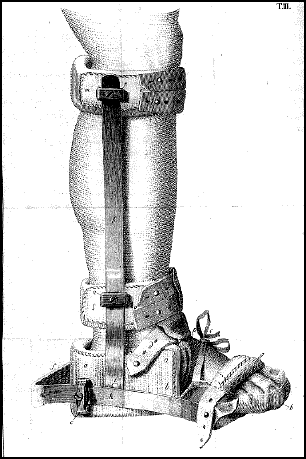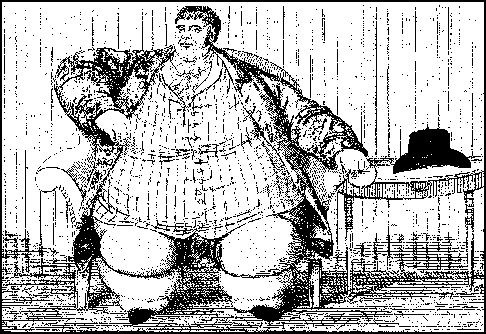Bodies and
British Romanticism
Paul Youngquist
(Minnesota)

Those were the days when it was OK to gawk at strange-looking people, perhaps laugh at them but mostly to wonder what it was like to be born with no arms or to weigh 700 pounds or to be eight feet (or three feet) tall or have tattoos from neck to toe or no toes (nor legs) at all.
- Having so much property in his own person, Lambert didn't labor to require more.
Youngquist turns Monstrosities into a strange hotchpotch of Locke, Foucault, Byron, Mary Wollstonecraft, Nietzsche, Blake, Kant, Coleridge, Wordsworth, Frankenstein, and several obscure physicians who pioneered the study of physiology in the late 18th Century. It can be all quite confusing, especially when try to wade through such tropes as,
- De Quincey practices self consciousness ---- as an eater and artist of opium. His Confessions comes out of him as the material effect of dietary distress, not as the ruminations of an ashamed voluptuary. De Quincey's alternative to subjectivity amounts simply, terminally, to the care of his bodied self. That is the extent of the opium eater's morality: a dietetic hygiene that affirms life as a matter, not of transcendence or even of health, but of daily maintenance.
You sort of get the idea of it as you are swept along by the words, but then again, sometimes the train runs off the track and ends up down there in the canyon lying on its side, belching steam and smoke, the wheels vainly spinning.
 On the other hand, when Youngquist is running in the clear, his imagination and his leaps of ideas are breathtaking. For instance, Thomas Malthus, the first to write about what we now call "the population bomb," opined that the "body incarnates a fatal tension between eating and intercourse, arithmetic and geometry." Or that "war is a wound machine." Or that Thomas De Quincey, with his Confessions of an English Opium Eater, made hunger his theme, as surely as Knut Hamsen :
On the other hand, when Youngquist is running in the clear, his imagination and his leaps of ideas are breathtaking. For instance, Thomas Malthus, the first to write about what we now call "the population bomb," opined that the "body incarnates a fatal tension between eating and intercourse, arithmetic and geometry." Or that "war is a wound machine." Or that Thomas De Quincey, with his Confessions of an English Opium Eater, made hunger his theme, as surely as Knut Hamsen :
- This gnawing hunger bespeaks neither simple physical privation nor existential malaise but a mode of agency that evaluates life by incorporation. It is in this sense that De Quincey will later declare that "not the opium-eater, but the opium, is the true hero of the tale ... Opium affirms life materially, corporally, and hence has a "marvelous agency." Opium eating does not so much satisfy hunger as revalue it, put it to work.
By contrast, the poet Samuel Taylor Coleridge treated his addiction to opium as a moral dilemma, creating "the psychodrama of remorse, recovery and relapse." His very public denunciation of his weakness against "this detested poison," his determination to submit himself to the care of a physician to kick the habit, made him, according to Younquist, "the first celebrity to enter rehab."
Then there is the matter of George Gordon, Lord Byron, and his famous clubfoot --- which may not have been that at all (some doctors later opined that it was "mild spastic paraplegia or spina bifida.") Youngquist describes Byron's specially designed boots, says that they demonstrated that prosthesis "opens a body to otherness:"
- Perhaps the poet of the satanic school practiced not a demonic but a prosthetic art. Perhaps his scandalous reputation arises as much from physical as from psychological tribulation ... perhaps Byron's surgical boots materially occasion transgression, one that challenges the sameness that the proper body promotes.
Thus his physical deformity induced what the people of his time would see as a political deformity. To bring home his point, Youngquist indulges in heavy (and often wonderful) punning: "Birth got Byron off on the wrong foot." Byron required "fake boots to maintain his social standing." He stepped "toward another way of living, a way that involved otherness." "But that conclusion might be a misstep."
- Whatever the case, that boot alters Byron's stance toward others, or better yet, others it altogether, forcing him to step beyond the norm of the proper body, making prosthesis a part of bodily life."
